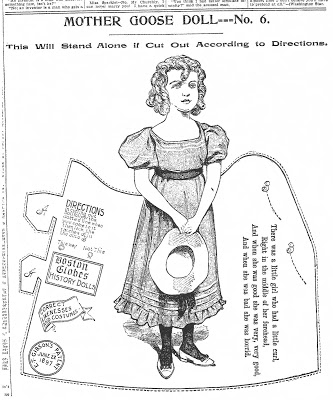I’ve been asked by the authors of this statement by the Coordinating Council for Women Historians at the American Historical Association to republish their response to the #StanfordSausageFest published yesterday at History News Network. The authors link the specter of a return to “history’s dark age as a gentlemen’s protection society” to recent consciousness-raising efforts to address sexual harassment and assault in academia and in the wider world. Read on, and scroll all the way down for a brief note on my lengthy absence from this space.
by Sasha Turner, Barbara Molony, and Sandra Dawson
In December 1969, a group of historians organized the Coordinating Committee of Women Historians in the Profession, which, in 1995, joined forces with the Conference Group of Women’s History to become the Coordinating Council for Women in History (CCWH). Both organizations arose from divergent, but overlapping goals to support women students and faculty and to secure greater inclusion of women in the research and teaching of history. At the time of these organizations’ founding, the American Historical Association (AHA) and the history profession in general were deemed “a gentlemen’s protection society… openly supporting practices of sexism, racism, classism, heterosexism, and anti-Semitism.” With a woman historian and a scholar of women’s history now at the helm of the AHA (Mary Beth Norton), and more broadly, the addition of women historians and women and gender history to departments and curricula across the country, few would dispute that the AHA and the history profession have become more inclusive.
Yet, the recent all white male history conference held at the Hoover Institution, Stanford University seems to suggest a return to history’s dark age as a gentlemen’s protection society. Happily, the strong and growing presence of and disciplinary focus on women in history as well as the sharp criticism and condemnation (and rightly so) of the exclusive conference make clear that a return to great white men history and historians is a fantasy. Even so, the holding of this conference and others of its kind reflect the ongoing challenges women historians and women history face.
Conference organizer and senior Fellow at the Hoover Institution Niall Ferguson defended that the exclusion of women was not deliberate and that the women invited to participate in the panel had declined to do so. Yet, it seems that the lack of diversity stemmed less from packed schedules to a deliberate omission. One is hard pressed not to view the conference Ferguson organized through the lens of his acceptance speech for the 2016 Philip Merrill Award for Outstanding Contribution to Liberal Arts Education. While admitting that various social and economic reasons account for the decline in history in the last several decades, Ferguson argued that the changing content of history is the “best explanation.” Continue reading











